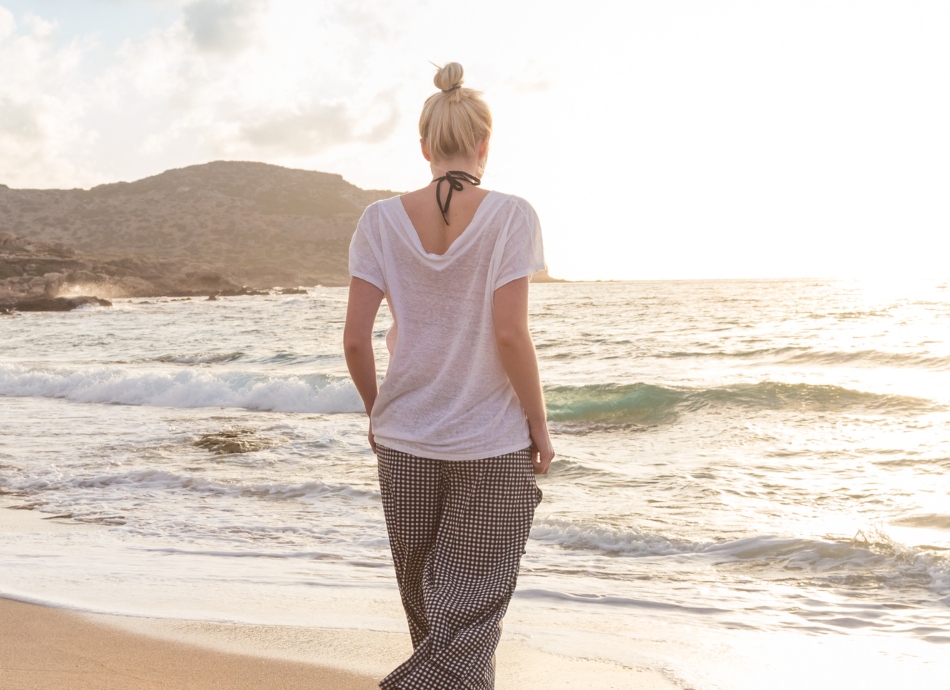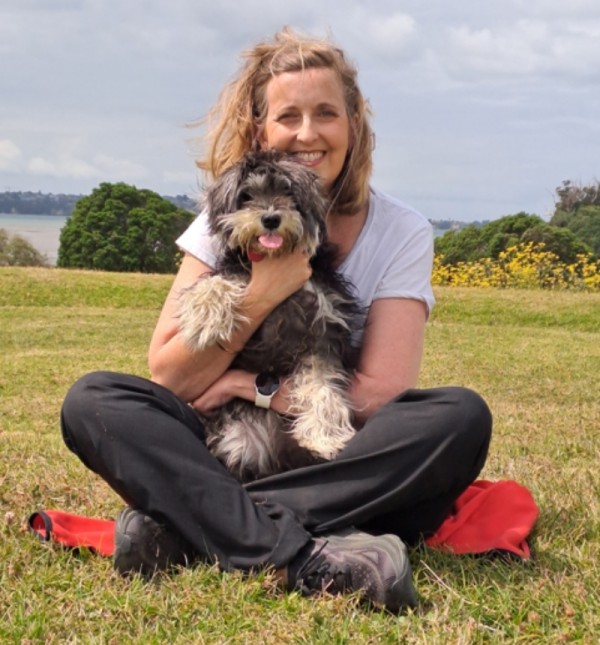If you're a frequent visitor to Healthify, why not share our site with a friend? Don't forget you can also browse Healthify without using your phone data.
Living well after a stroke
Tips from someone with personal experience
Key points about living well after a stroke
- A stroke changes life in an instant – not only for the person who experiences it, but for their whānau too.
- Kylie Head was just 33 years old when she had her stroke. Here she shares what she's learned during her recovery journey.

A stroke changes life in an instant – not only for the person who experiences it, but for their whānau too. Recovery is not a straight path; it’s a journey filled with small steps, setbacks, and new insights.
Many people in Aotearoa talk about 5 key parts of that journey. Kylie Head is a mediation services expert and a leadership coach. She was just 33 years of age when she had her stroke.
Here she shares her reflections on her recovery journey and what helped.

Image credit: Healthify He Puna Waiora
The first week after a stroke often feels like a blur. People are suddenly in hospital surrounded by tests, doctors, and unfamiliar terms. Families say they were scared and didn’t always know what questions to ask.
Simple things can make a big difference, such as:
- keeping a diary of test results
- asking the same question more than once, and
- appointing a family member to gather information.
Stroke can change the way a person moves, speaks, remembers, or even how they feel emotionally. Loved ones sometimes describe this as the hardest part – seeing someone they know so well act or respond differently. These changes reflect the brain working hard to heal and, with time and support, many people find ways to adapt. Knowing this makes it easier to respond with patience and kindness.
Rehabilitation is rarely quick. People often need to relearn everyday activities such as walking, eating, or speaking. Families are an important part of this process, encouraging and supporting progress at home as well as in therapy sessions.
Many describe the joy of celebrating small milestones – making a cup of tea, walking a few steps or holding a conversation. These achievements restore hope and remind everyone that recovery is possible.
Leaving hospital can feel like a fresh start, but also a challenge. At home, fatigue is common and routines need to be reshaped. Families often discover they need to share responsibilities differently – from cooking meals to managing visiting times so there’s enough time for rest.
This stage is about finding a new rhythm together and recognising that recovery belongs to the whole whānau.
Recovery continues well beyond the hospital walls. Many people keep improving for months or years. Looking ahead means focusing on healthy living – eating well, staying active, managing stress, and preventing another stroke. Families often join in by changing habits together and encouraging each other. Reconnecting with hobbies, community groups, or faith networks also helps rebuild identity and a sense of belonging.
For many, returning to driving is an important marker of independence. Medical clearance is required, which can feel frustrating, but it ensures safety for everyone. In the meantime, families may need to share transport or use community services, which can be challenging but temporary. Find information about coping without a car.
Returning to work is another milestone. Some people ease back into their old roles with shorter hours, while others retrain or explore different opportunities. Workplaces and whānau both play a role in making these adjustments possible. Even small steps back into paid or voluntary work can restore confidence, purpose, and a sense of normality.
Stroke Aotearoa New Zealand(external link) Free helpline 0800 STROKE (0800 78 76 53), Contact [email protected]
Stroke Aotearoa New Zealand is the national charity dedicated to stroke.
Community Stroke Navigators (Kaiārahi) provide information and guidance to help people prevent stroke and navigate the complex health and disability system. Anyone can call the free helpline, including whānau, caregivers, community workers, and healthcare providers, for immediate support and advice about stroke. Referrals not necessary. Additionally, the free Return to Work service supports people who meet eligibility criteria to safely and confidently re-enter the workforce following a stroke.
Families and young people(external link) Resources for children and teens | 0800 What’s Up (0800 942 8787) is a free helpline for young people 5 to 19 years of age to talk to or chat with a trained counsellor.
Apps
Credits: Kylie Head, Organisational Consultant and Mediator; Member of Healthify's Whānau Voice of Experience Network (WOVEN)
Reviewed by: Healthify editorial team. Healthify is brought to you by Health Navigator Charitable Trust.
Last reviewed:





